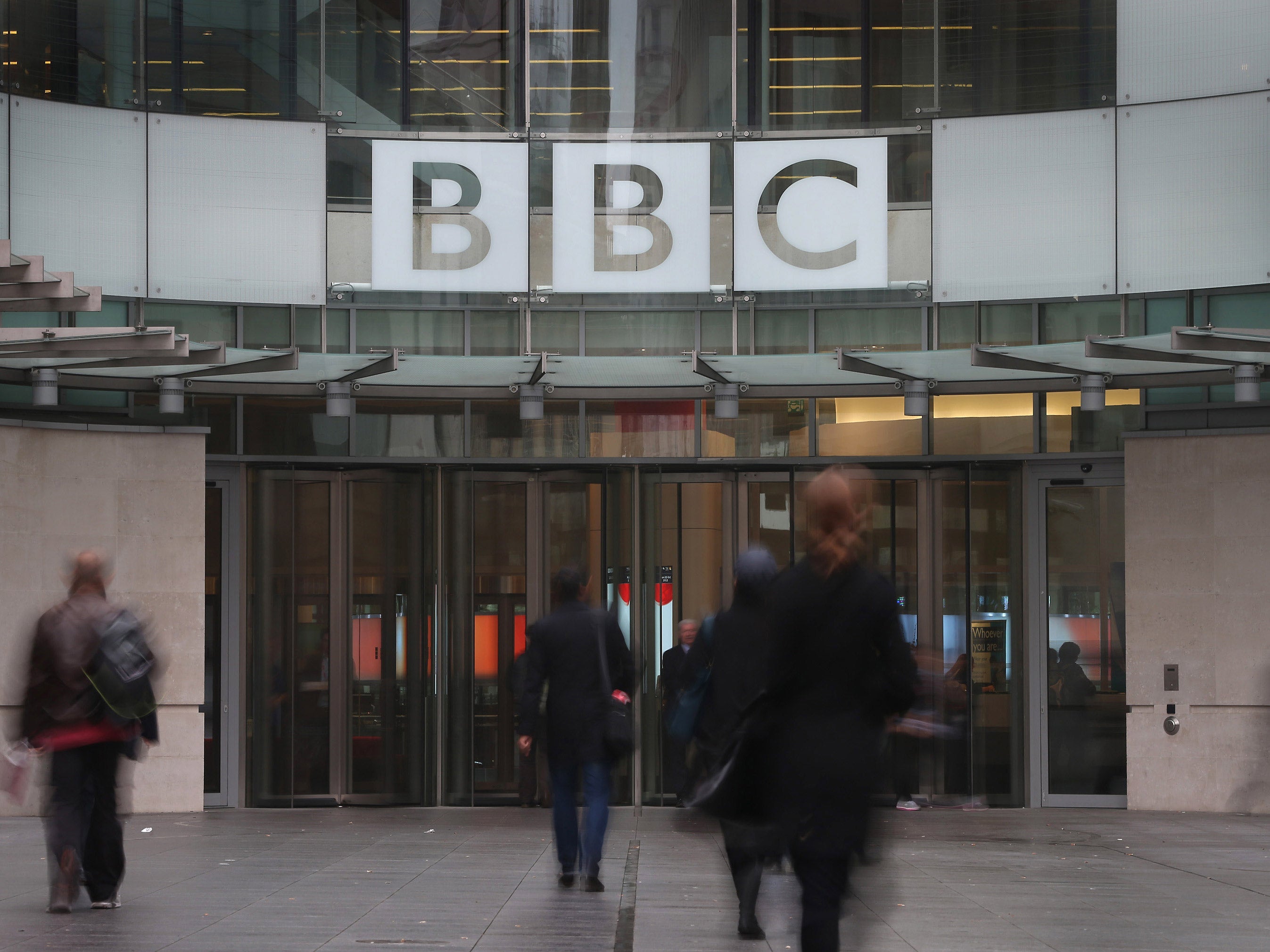BBC set for shake up with new oversight board appointed as talk emerges of changes to the licence fee
A board of experts has been appointed to oversee changes to the BBC in the run up to licence fee expiration, as reports emerge of far reaching reforms to the 93 year old Corporation

The BBC is expected to be told it must return to its public service roots this week, a sign that the anticipated overhaul of the Corporation under the Tories is already well under way.
With the Royal Charter ending and due for renewal the end of 2016, the Minister for Culture Media and Sport, John Whittingdale, appointed a board of advisors last night, who will be responsible for providing expertise, innovation and advice to the process of the BBC’s Royal Charter review.
John Whittingdale, the MP for Maldon since 1997, has previously argued that the licence fee is “unsustainable” and “worse than a poll tax.” He will lead the board, which is expected to meet six times a year.
Prominent figures on the voluntary membership panel include Dawn Airey, a former Chief Executive at Channel 5, who has in the past made clear she’d like to see the license fee cut and online content charged for, and Dame Colette Bowe, the former chairwoman of the regulator Ofcom.
The group will also include Alex Mahon, the former CEO of Shine Productions, digital entrepreneur Lopa Patel, Shazam Exec Andrew Fisher, Arts Council boss Darren Henley and Ashley Highfield of Johnston Press.
They’ll be joined by Stewart Pervis CBE, A journalism professor and former CEO of ITN.
In a statement, Whittingdale said that “each member of the independent advisory group brings individual skills, experience and expertise.”
“Together they will contribute to the oversight of the Government’s Review of the BBC Royal Charter,” he continued, adding he looks forward to working with them on this important issue.
It’s not been the easiest of weeks for the BBC, having already had to concede to the Government in footing the bill for the Government’s proposals to scrap the license fee for over 75-year-olds from 2020. And it’s set to get a whole lot tougher, according to The Sunday Times.
The paper has this morning reported that the Government is expected to publish a green paper on Thursday, which will ask far reaching questions about the BBC's future.
The document is likely to ask Parliament to consider whether the Corporation should move away from chasing viewers with commercial content like The Voice, and if the BBC’s online presence should be scaled back, due to the damaging effects it’s allegedly having on local papers and news sites.
The green paper is also expected to consider options for the replacement of the £145.50 licence fee, with a subscription system, household tax, or means tested licence fee all options up for discussion, the paper said.
There will also be questions asked as to whether the BBC’s news output fulfils its obligation to be politically impartial, which could see Ofcom be entrusted with oversight of the Corporation, seeing it under external control for the first time in its history.
The Sunday Times also reports that the future of the BBC’s commercial arm, BBC Worldwide, is also to be put under the spotlight, with some arguing it’s time for it to be sold.
Green papers are one of the primary steps for the creation of new legislation, usually followed by public consultation before a white paper is subject to a vote in the House of Commons.
A spokesperson for the Department for Culture Media and Sport declined to comment on The Sunday Times’ suggestions, simply stating that “more information on the Green Paper will be shared in due course.”
A BBC source said: "Let's see what the Green Paper says, but the BBC doesn't nakedly chase viewers, but we do seek to make the good popular, and the popular good.
"Research has shown that an element of competition drives up quality across the industry. The voice of the public will be key and they will have their own view about the merits of BBC programmes like Strictly and Sherlock.
"In a world where broadcasting is increasingly global, it is important for Britain that we have a strong, vibrant and successful creative sector and the BBC has been a key driver of delivering that.
"A key test for the green paper is whether it enhances or diminishes that status. The BBC is a British global success story. If we get this wrong, in 10 years' time it will no longer be."
Subscribe to Independent Premium to bookmark this article
Want to bookmark your favourite articles and stories to read or reference later? Start your Independent Premium subscription today.

Join our commenting forum
Join thought-provoking conversations, follow other Independent readers and see their replies